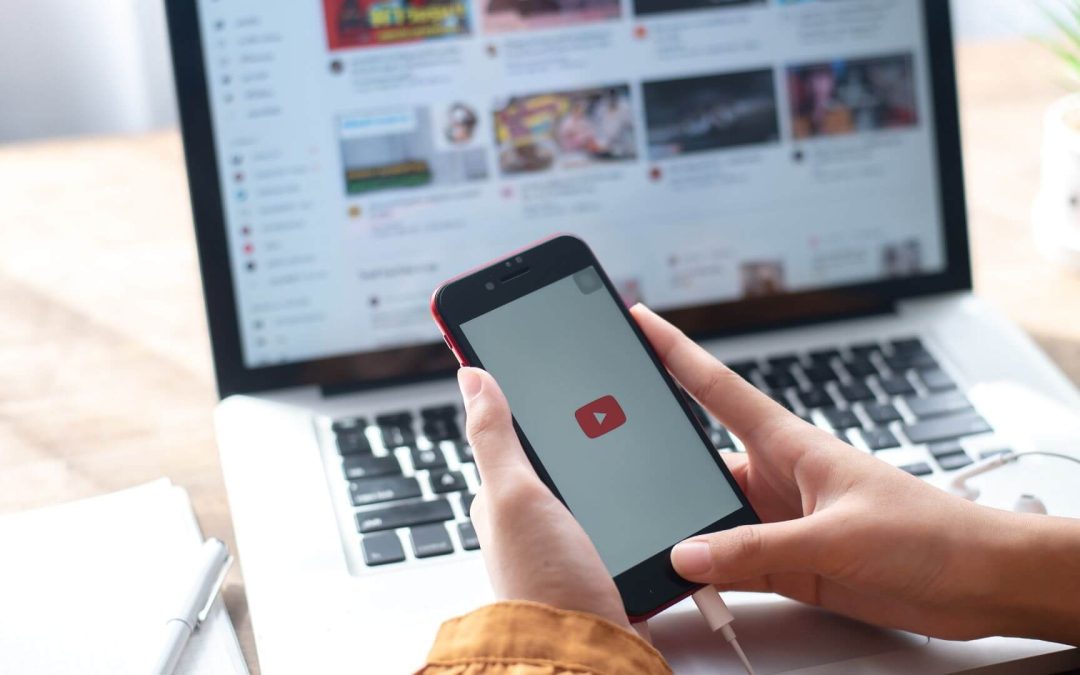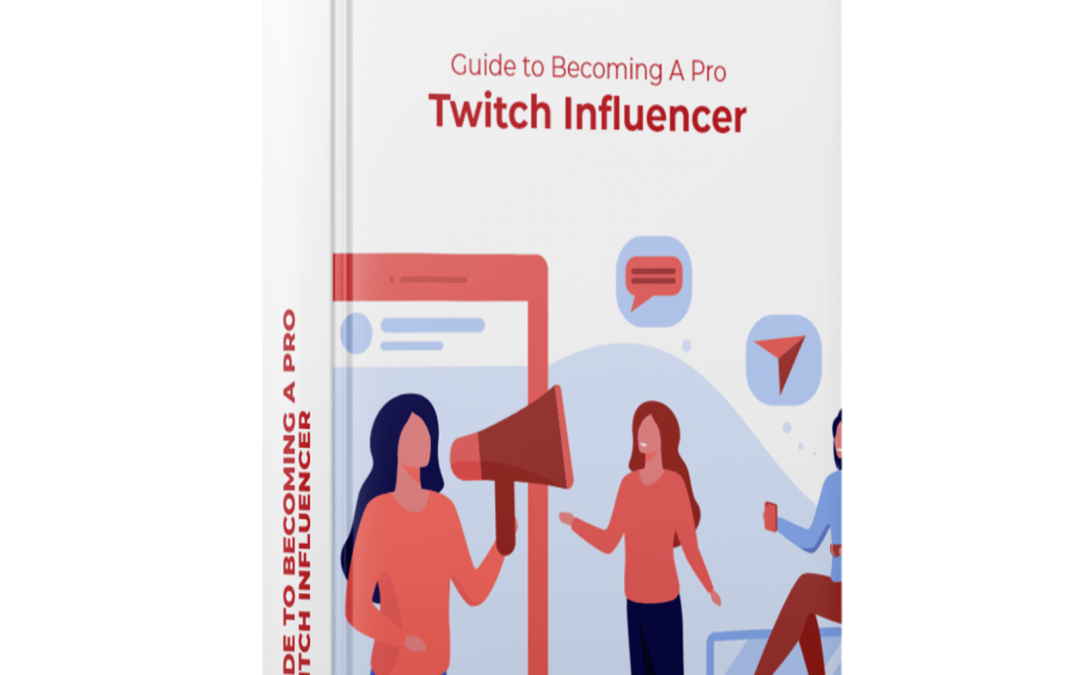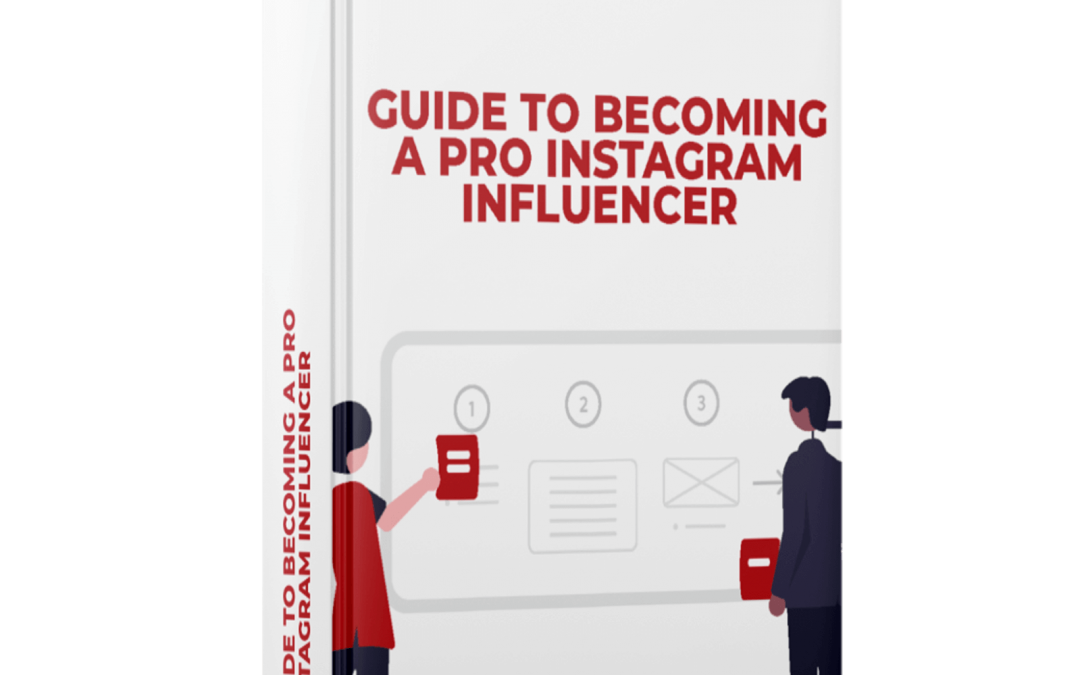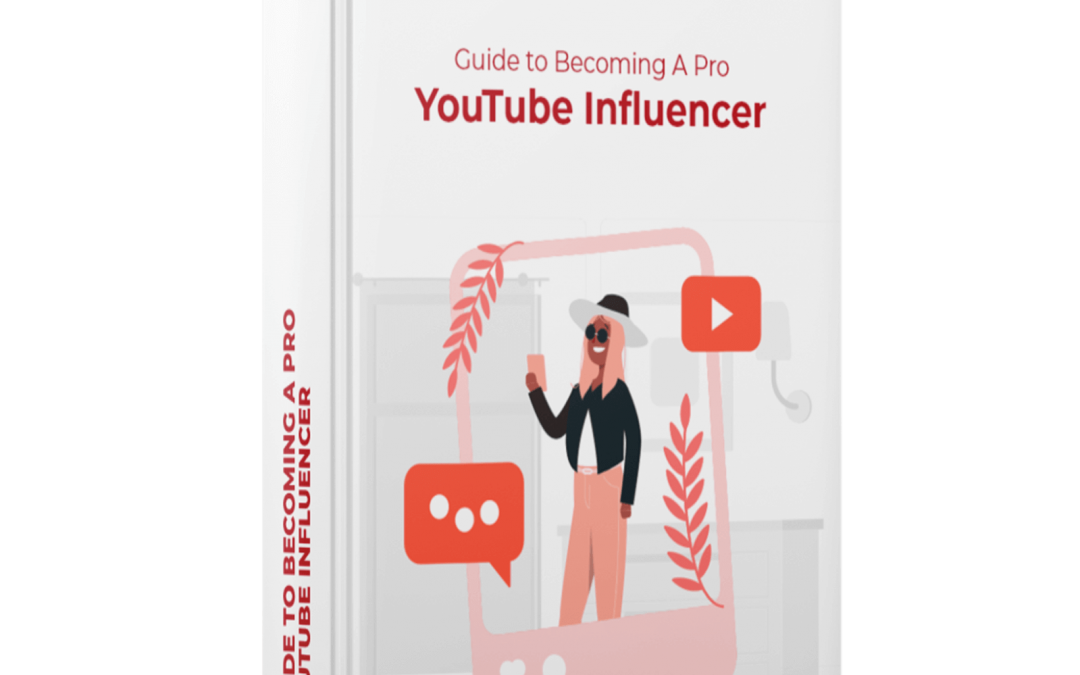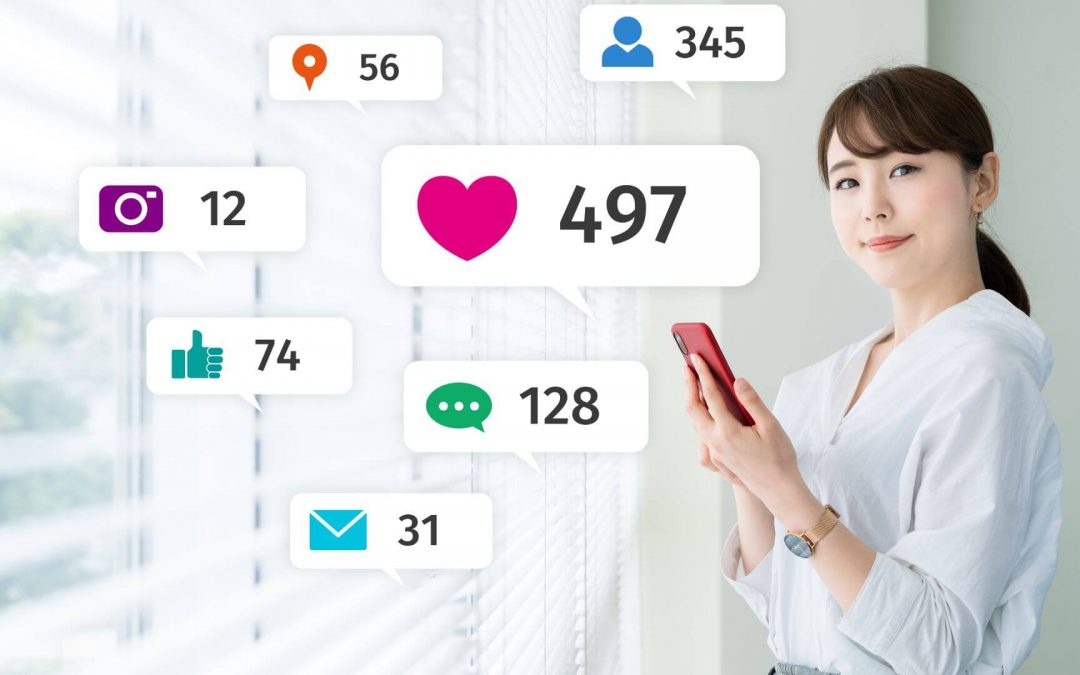Growing exponentially in the past years, influencer marketing is a tried-and-true strategy – and is here to stay. At the heart of influencer marketing are the influencers who are, well, influential, and are hugely sought after by brands and organizations alike to tap into their fan base and drive sales for the brand.
Once a brand has decided to take the influencer marketing route and finalized the budgets and marketing spends for the campaigns, a number of parameters are considered to zero in on the ideal influencer. When a brand comes to you with potential campaign collaboration, there’s going to be some skepticism on their part as the financial stakes make them second guess their choice. That’s just the nature of the game!
So, if a brand selects you for an influencer campaign and then proceeds to ask you a whole gamut of questions that mimic an interview, you shouldn’t take that personally. This is a necessary part of their due diligence.
In an effort to convince brands that you are, in fact, the right choice for them, we will take you through the potential questions that could come your way before you sign the dotted line. In the blog, we will take you through the top 10 questions you are likely to be asked – the main reason behind this line of questioning, significance of the questions, and what to avoid saying. So, pay close attention influencers – this interview will seal the deal!
1. What Does Your Typical Day Look Like?
Significance of the question
As an influencer, you are intrinsically associated with an aspirational lifestyle when it comes to the audience. Brands are looking to sign you as your personal values reflect their proposed brand value. Through this question, brands are looking for a sneak peek into your personal life to give the audience certain tips as well as give the brand assurances that your audience is not so different from you.
A softball question to begin with, this helps craft a lifestyle in the mind of the brand and humanizes you. Also, the more you have in common with prospective customers of the brand, the better.
Potential pitfalls
A major red flag you could raise when asked such a question is to describe activities that go totally against the values that the brand in question stands for. Brands can sense when an influencer isn’t being completely honest with them.
Honesty is definitely appreciated over a conventionally correct answer. Also, as this is probably one of the first questions you are likely to be asked, struggling to answer this succinctly and clearly could make the rest of the interview an uphill task.

2. How Passionate Are You About Our Brand And The Industry?
Significance of the question
This is a fairly straightforward boilerplate question where brands would like to see if you will meet them halfway in terms of commitment to the campaign and not just treat this job like another pay cheque. Just like most interviews where organizations expect applicants to read up on them, brands would like to know that you are aware of some of the best practices when it comes to marketing within their specific industry. This also gives you a sense of credibility and guarantees authenticity in all your sponsored content.
Feel free to express your thoughts and opinions on the business and make them fall in love with what you have to offer. Honesty goes a long way here.
Potential pitfalls
Marketers can usually spot lies from a mile away, and hence, would prefer constructive criticism over blind praise. Google search the brand and read up extensively about it, especially if you claim to love it. The last thing you want is difficulty explaining why you love the brand – and the worst you can do is mix up the products with those of another brand.
3. How Do You Approach Different Social Media Channels And What Tools Are You Familiar With?
Significance of the question
At first, this might sound like a silly question as any brand approaching you should have access to all your social media content. However, a brand’s presence on social media and the influencer’s understanding of the brand’s perspective, need to be aligned.
It’s really simple, brands will not work with creators who have different social media values to them as the lack of authenticity can be spotted easily. Also, being an influencer and not having an idea of social media tools and channels is a huge red flag for brands. As an expert in the industry, you are expected to bring your know-how to the table and give your inputs with respect to growing the brand online.
Potential pitfalls
A brand is bound to get skeptical should you give them a clichéd answer such as “I’m comfortable across any platform”. You want to be perceived as a specialist, not a jack of all trades. Similarly, rarely asking questions, passively waiting for instructions and not responding promptly with ideas – are some issues that are bound to go against you as brands aren’t looking for a vessel to blindly carry out instructions.

4. What Sort Of Persona Do You Strive To Build To Influence Your Audience?
Significance of the question
This is a rather tricky question, and your answer here could either tell the brand everything they need to know about you or nothing at all. The reason a brand picks an influencer is to align their positive brand values with those of the influencer. You are a personification of the brand that viewers can see in tangible form.
Be it the amount of effort that goes into conceptualizing, designing or editing, your commitment to your persona and your brand proposition goes a long way in convincing the brand about your commitment to them and the audience. The overlap of your values and audience with their values and audience is what makes the collaboration worth it.
Potential pitfalls
A potential red flag is finding it hard to describe your vision. This isn’t something the brand is prepared to do for you. If you are unsure of the brand’s philosophy, you have lost their confidence right there. If you are unable to spot glaring differences between your persona and the brand’s vision, that’s a massive no-no for the brand.
5. What Is Your Strategy To Engage With, And Further Expand Your Audience?
Significance of the question
Brands come to you primarily to leverage off of your audience, making it imperative that you have a constantly growing and actively engaged fan base. If you have a grip on a niche market with a loyal following and have the ability to expand on this, you are gold for the brand. Not only do brands like to know this about you, but it helps if you can put forward your strategies and growth ideas for the same in a concise and succinct manner.
Your confidence will go a long way in reassuring the brand that you are the right voice to make them reach new audiences. The strategy needs to be more driven towards your persona, and not your peers. That’s what differentiates you to a brand.
Potential pitfalls
The red flag here would be if you were to come off as an influencer uncertain about his audience – your biggest asset. Brands don’t want to invest in an influencer who believes “content is for everyone”. Sounding certain about your niche following and the content they respond to is vital. If you can break down your audience in terms of geography, demographics and content consumption, brands will flock to you.

6. How Involved Are You When It Comes To Brainstorming & Strategizing For Content Creation?
Significance of the question
As an influencer, it doesn’t matter how much experience you have when it comes to paid collaborations and it doesn’t matter how many subscribers you have. Teamwork is the most important part of a content-based business partnership. The more involved you are in the actual content creation process, the better.
The best ideas are born out of collaborations. Be confident enough to share your ideas as well as discuss theirs’ to win their trust. The aim is to create content that not only satisfies the marketing objectives and creative demands, but also engages with the audience on a higher level to increase brand loyalty.
Potential pitfalls
There is no faster way to put the brand off than displaying a lack of interest in the creative process. At the end of the day, this is an investment, and the client expects to see tangible results. Slacking off when it comes to brainstorming sessions should be avoided at any and all costs. If you appear to be too accepting of the brand’s ideas without any additional input of your own, it displays a lack of originality on the influencer’s part.
7. What Key Learning Have You Taken Away From Your Previous Brand Partnerships?
Significance of the question
When a brand approaches an influencer with a substantial following on a social platform, chances are they’ve looked into your previous collaborations and partnerships. It is quite possible that these partnerships have been in the same niche market. While experience works as a bonus, it is important to express a desire that the next campaign will outperform the last.
Using your experiences to talk about possible marketing angles always impresses brands. If you can offer analytics and data-driven suggestions, that could increase your credibility multifold. If you have turned down marketing campaigns from the same industry, talk about reasons for that as well. With most reasonable brands, honesty is usually the best policy.
Potential pitfalls
Avoid having your guard up and dodging the question. Should you display an unwillingness to disclose details of previous campaigns, brands tend to get defensive. Verify all the data you share with them thoroughly. Discrepancies in analytics reports are a massive red flag. If this is your first campaign of the type, disclose that upfront and express a willingness to learn and grow.
We’ve discussed all about inking the right partnership with an agency in our blog, How to Choose the Right Influencer Marketing Agency.

8. How Much Do You Charge Per Post? Are You Willing To Sign An Agreement?
Significance of the question
Payment in the world of influencer marketing isn’t set in stone and is usually as customized as the brand campaign is. Based on your subscribers and popularity of your content, your price per post is of prime importance to the brand. Sometimes an agreement can be worked out that combines monetary payment plus free product from the brand.
When it comes to money changing hands, it is imperative to guarantee fulfilment of the commitment. Always be willing to sign an agreement to safeguard the interests of all the parties involved. Taking time to discuss the finer details isn’t necessarily a bad thing and is, in fact, often appreciated.
Potential pitfalls
Influencers should not quote a price that is unreasonably high for their subscriber count. Be flexible and negotiate a price that is suitable to both the brand as well as yourself. With all the assurances in place, a large payment upfront isn’t necessary. Not demanding one shows a willingness and eagerness to deliver on commitments. While it is necessary to get paid for your work, avoid nitpicking over every minute detail in the contract.
9. Have You Built A Network Of Influencers To Collaborate With And Leverage Off?
Significance of the question
Building an influencer network is an effort that requires time, hard work and energy. Once achieved though, it can boost your credibility enormously. Owning these relationships project an image of someone who is respected within the community and is willing to call in/provide favors as and when necessary.
Establishing a relationship with fellow influencers within a certain niche is an invaluable currency that makes it more likely that the brand’s work comes your way. Sharing networks, followers, collaborations and insights is highly recommended among influencers.
Potential pitfalls
One could argue that influencer marketing is a one-person formula that directly connects a brand to the influencer’s followers and fans. That being said, displaying an unwillingness to collaborate with other influencers comes off as a stubborn trait to brands and displays a lack of flexibility. On the other hand, an eagerness to collaborate is always appreciated by brands as they trust you to deliver, should the requirement arise.
10. How Do You Approach Analytics And Analyze Performance?
Significance of the question
There are no two ways around it – influencers who care about their brand value also care about their metrics and stats. When it comes to brand partnerships, credible influencers are expected to share those stats. The metric that is of most interest to brands is “Engagement” as it tells them how involved your fans are. This is a combination of all the likes, shares, comments, saves, views and reposts. The influencer’s ability to use data to engage with these engagements is of prime importance to selling a brand.
Providing the brand with detailed analytics on engagement rate, subscriber age, geography and coverage is the added layer of advantage that could make the difference between bagging the partnership deal and not.
Potential pitfalls
Under no circumstances should an influencer hesitate when it comes to sharing basic metrics as there is no faster way to lose the trust of the brand. Influencers who are unable to use social profile analytics tools end up losing deals, more often than not, as the inability to analyze data that is readily available is a red flag. Sharing data is the best way to show the brand that you care about content effectiveness.

While meeting with brands for influencer marketing partnerships, one should expect at least a few questions that delve into the nuances and specifics of being an influencer. The ROI of the brand is ultimately at stake and giving the concerned people the confidence to go ahead with you is crucial.
The Atisfyre platform helps influencers establish a strong presence across social media platforms and connects them with brands for paid campaigns. Sign up today. It’s free!




